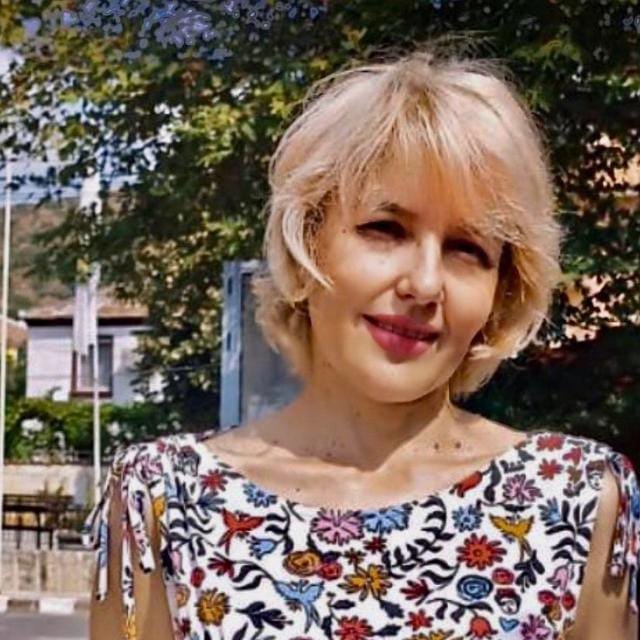BAKU, Azerbaijan, February 23. US experts weigh up EU's investment plans to invest 10 billion euro to further develop the Middle Corridor, Trend reports via the article "European Union Enhances its Presence in the Caspian Region" by the Caspian Policy Center's (CPC) Advisory Board Member Richard Hoagland (a famous diplomat who worked for many years in the countries of the Caspian region and the CIS).
It will be well worth watching how the 10 billion investment further builds out and institutionalizes the Middle (Trans-Caspian) Corridor, bypassing Russia over the long term for enhanced trade and transportation from China to Europe, the author said.
"A high-level delegation from the Caspian Policy Center met in Brussels early in February with senior officials at the European External Action Service of the European Union. This was soon after the EU had announced its historic 10 billion euro investment at their Investment Forum to build out further the so-called Middle Corridor – i.e., the trade and transportation routes through the Caspian region from China to Europe," Hoagland noted.
According to him, the overwhelming part of this new investment will come from the major Western-based banks already active in the region, like the European Bank for Reconstruction and Development.
The EU investment will focus on projects that will enhance the Middle Corridor, for example, further updating the Port of Baku and Georgia’s railways as well as projects that will add to the reasonably well-developed Middle Corridor infrastructure in Kazakhstan, he mentioned.
Hoagland also said that as a visible symbol of the EU’s new commitment to the region, it is planning a summit in April 2024 with Central Asian leaders in Uzbekistan’s ancient Silk Road city of Samarkand.
The expert pointed out that an enhanced role for the EU in the Caspian region is a most welcome step forward.
Besides, he reminded that upon the fall of the USSR, countries of the Caspian region came to operate on the world stage with the multi-vector foreign policy.
According to him, the EU, compared to the US, Russia and China played the smallest role in the Caspian region because it’s a multi-national entity operating by consensus.
"And reaching consensus among multiple members can be a very long and slow process. Individual European countries – especially Italy, Germany, France, and the UK – played more prominent roles because of their private-sector companies’ investments in the region, especially in the hydrocarbon sector," Hoagland explained.
To note, established in 2016, the CPC is one of the well-known think tanks in the US, focused on research of political, economic, energy processes and security issues in the Caspian region.
The Middle Corridor has been operating for about 10 years, but due to current geopolitical processes (complicated relations between the West and Russia, security problems in the Suez Canal and the Red Sea), interest in this route is growing.






